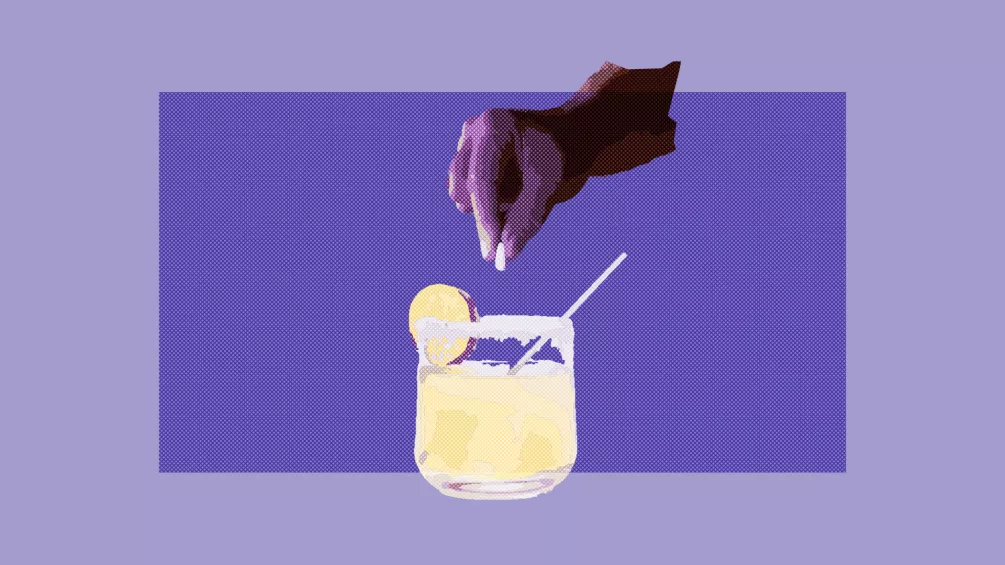
Drink spiking is on the rise; what is being done to tackle it?
The NTIA’s “people-centred approach” includes a safeguarding accreditation programme, ensuring venues uphold accountability and customer welfare. Staff are trained to handle safeguarding matters “sensitively, efficiently, and with respect”. According to Drinkaware’s CEO, Karen Tyrell, “All venues licensed to sell alcohol have a legal duty for public safety and to prevent crime and disorder on their premises. Drink spiking is a crime, irrespective of where the offence takes place. There are several measures that venues can adopt to help prevent drink spiking. Implementing effective CCTV, providing regular training for bar and door staff, and having venues openly acknowledge that spiking is a serious issue are important steps in deterring offenders.
Establishing awareness schemes like Ask For Angela across Britain’s nightclubs can also help venues protect individuals from potential harm. Some members of the public value drink covers or anti-spiking straws. “However, it’s important to acknowledge that the overall effectiveness of these methods has not been fully researched. It is estimated that 1.2 million UK adults have experienced drink spiking in the past year, according to our research with Anglia Ruskin University. These alarming figures highlight the urgent need for further studies to assess the impact of preventative measures and identify the most effective practices to reduce drink spiking.”
A major focus of the Home Office training programme was aimed at equipping venue staff with the knowledge to help victims report drink spiking incidents to the police. As Tyrell explains, “Reporting incidents helps to understand the scale of the issue, identify trends and changes in occurrence rates and inform prevention strategies to stop incidents from happening.”
There are major barriers to ensuring that reporting of incidents takes place. During the training session attended by DJ Mag, the trainer noted that many venues are reluctant to involve the police in spiking incidents, due to the perceived consequences the venue may receive in terms of licensing and reputation. What is even more clear is that the requirement to report an incident puts a huge amount of onus on the victim, and can result in even more trauma if the incident is not handled correctly.
In 2023, Avsluta, a DJ and founder of the Introspective Electronics radio show and podcast, was at a popular London nightclub with several of her friends. During the course of the night, both Avsluta and one of her female friends began to feel “a little strange”, a feeling that quickly progressed to being totally incapacitated. While attempting to help her friend, she says that they were approached by a female security guard who was suspicious about how intoxicated Avsluta and her friend appeared. They were asked to hand over any drugs they had, and were told “to go sit down in the green room so my friend could take a breather and sober up a little”. “We knew that the effects we felt and the blackouts were not the outcome of our consensual consumption of substances that night,” she explains.
“Later, we made our way to the hospital for blood tests, where we were treated atrociously, as if we were drug addicts. I was never told the outcome of the blood test, after trying several times to contact the hospital to no avail, which was frustrating to say the least. “We reported the incident to the venue and had several calls and email exchanges with the venue manager about it. The promoter of the night, a friend of ours, was very helpful in facilitating this connection and helping us along the way. Unfortunately, we were not able to find the perpetrator, and there was not much the venue could have done further. They promised to make sure their staff are better trained for such situations in the future but in all honesty, I was a little sceptical about this promise, and I still am today.
“Because I could not get the blood test results from the hospital, I have never gone to the police to report the incident as I didn’t believe they would care and I wasn’t ready to be treated with the same judgement, having to try so hard to convince everyone that I was a victim of spiking and not an irresponsible substance user.”





